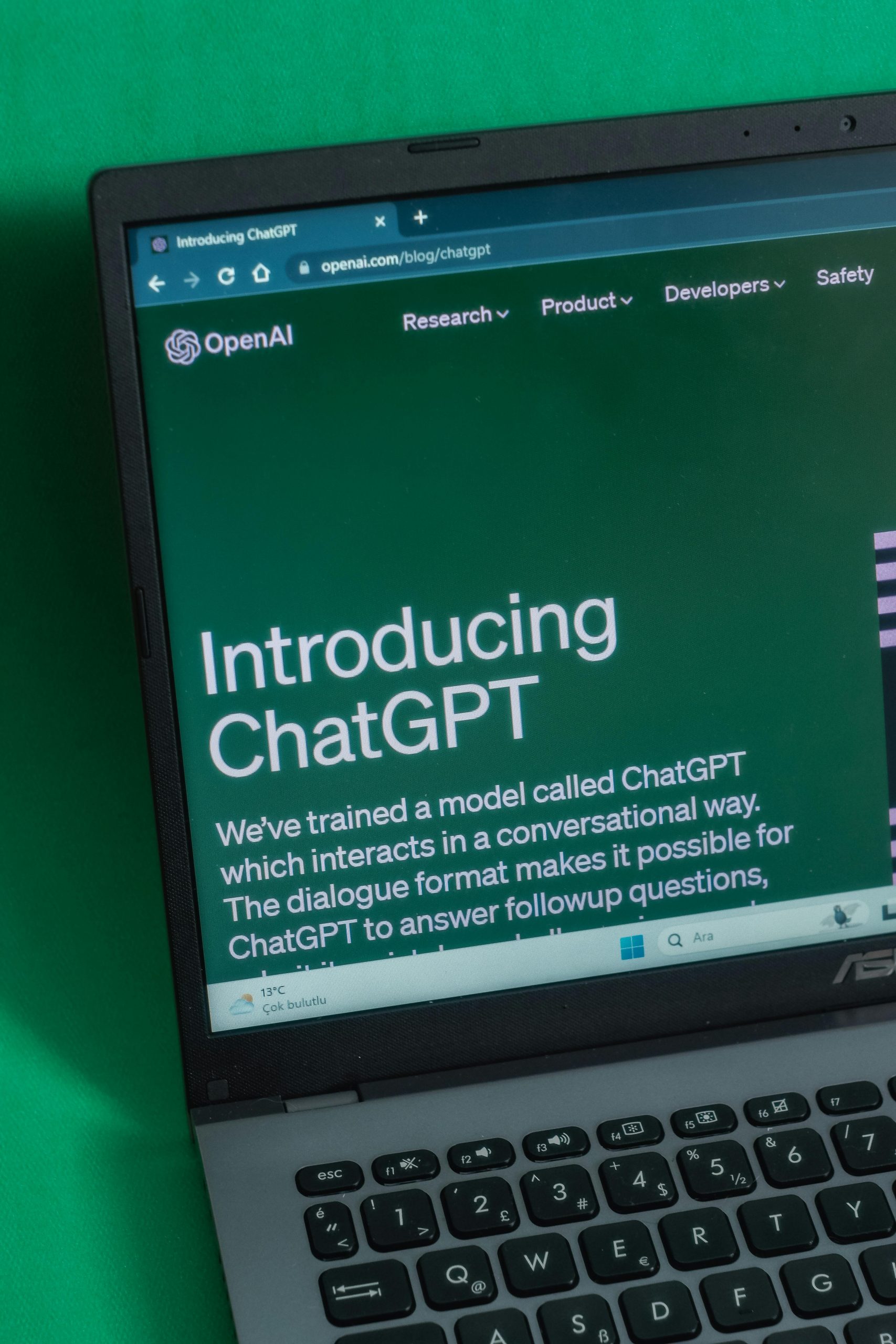A new era of the Internet begins: OpenAI introduces its own AI browser ChatGPT Atlas

OpenAI, best known for its advanced ChatGPT language model, has introduced a brand new web browser called ChatGPT Atlas. It is said to mark the beginning of a new era of the Internet, where ordinary searches and link clicks are transformed into natural interaction with artificial intelligence.
Unlike traditional browsers, where the user switches between tabs and search engines, in Atlas the chat itself is integrated directly into the interface. Thus, the user can browse any page while interacting with the AI in the sidebar. The AI recognizes the content of the site, can summarize it, explain it or offer additional information. For example, if you’re reading a car review, Atlas can instantly compare specs with other models or recommend the best deals.
A major innovation is the so-called Agent Mode, which allows the AI to act directly for the user. It can fill in online forms, book a table at a restaurant, or even make an independent purchase in an e-shop. In practice, it’s not just about searching for information, but actually assisting with everyday tasks online.
Currently, ChatGPT Atlas is available for macOS users, with versions for Windows, Android and iOS in development. Basic features are available for free, but some advanced options – including agent mode – are included in the paid versions of ChatGPT Plus and Pro.
OpenAI CEO Sam Altman described the project as “a smooth, fast and natural way to work with the internet”. Ben Goodger, one of the key developers behind the birth of Firefox and Chrome browsers, also contributed to the development. This clearly signals OpenAI’s ambition to become a relevant player in the field of web browsers, which is dominated by Google and Microsoft.
So far, it is an early version of the product, which has its limitations – for example, it does not support common extensions or access to external applications. There are also questions about security, in particular whether AI will be able to detect malicious instructions hidden in web pages.
Still, Atlas can be considered a breakthrough. If the concept proves successful, it could fundamentally change the way people interact with the internet. From a passive tool, the browser could become an active partner that understands context, helps with decision-making and takes over routine tasks. The Internet is thus entering a new, more intelligent phase of its evolution.
Photo source: www.pexels.com
Author of this article
WAS THIS ARTICLE HELPFUL?
Support us to keep up the good work and to provide you even better content. Your donations will be used to help students get access to quality content for free and pay our contributors’ salaries, who work hard to create this website content! Thank you for all your support!





OR CONTINUE READING